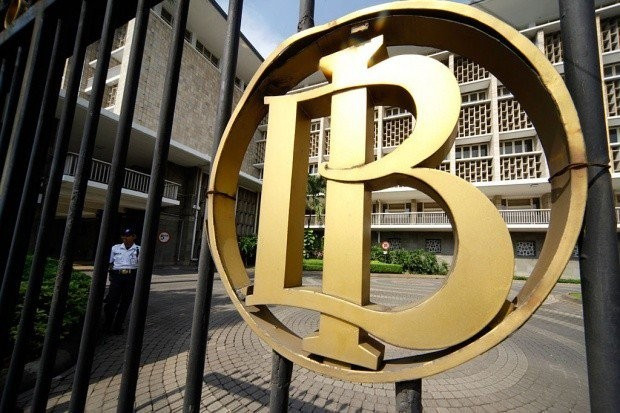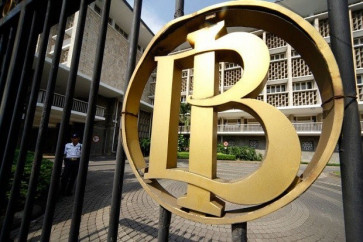Popular Reads
Top Results
Can't find what you're looking for?
View all search resultsPopular Reads
Top Results
Can't find what you're looking for?
View all search resultsBurden sharing: From emergency lifeline to fiscal dependence?
While the burden sharing scheme was an apt instrument during the COVID-19 pandemic, it now risks becoming a fiscal dominance policy, blurring the line between fiscal and monetary policy, accelerating depreciation, eroding market trust and undermining the central bank's independence.
Change text size
Gift Premium Articles
to Anyone
B
ank Indonesia (BI) recently announced the continuation of its burden sharing scheme with the government and has purchased Rp 200 trillion (US$12 billion) worth of government bonds on the primary market as of early September.
The burden sharing scheme was partly intended to help finance President Prabowo Subianto’s priority programs that focus on the so-called community economy agenda, such as public housing, food security, small enterprise support and rural cooperatives.
At first glance, the BI policy seems straightforward. By stepping in as a large buyer, the central bank helps push bond yields lower, which in turn reduces borrowing costs and gives the government more fiscal space to fund its populist programs. For policymakers, this looks like a practical solution.
Yet, economists view it more cautiously. That is because burden sharing is essentially debt monetization, or what textbooks call “seigniorage”.
Here is how seigniorage works. When the central bank buys government bonds on the primary market, it credits the government’s account with newly created money. This expands both government debt and the central bank’s balance sheet.
Bajaj and Datt (2020) describe three types of monetization: direct (buying bonds directly on the primary market), indirect (buying them on the secondary market) and debt write-off. Although the mechanisms vary, the core idea remains the same: money is created to finance government expenditure.
In practice, debt monetization is similar to quantitative easing. The crucial difference between the two is that the central bank is allowed to buy only seasoned bonds under quantitative easing, whereas under debt monetization, it is allowed to buy new government securities as a direct source of financing (Cukierman, 2021).



















